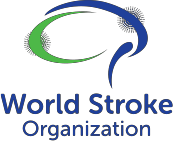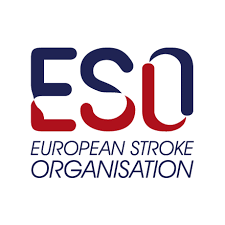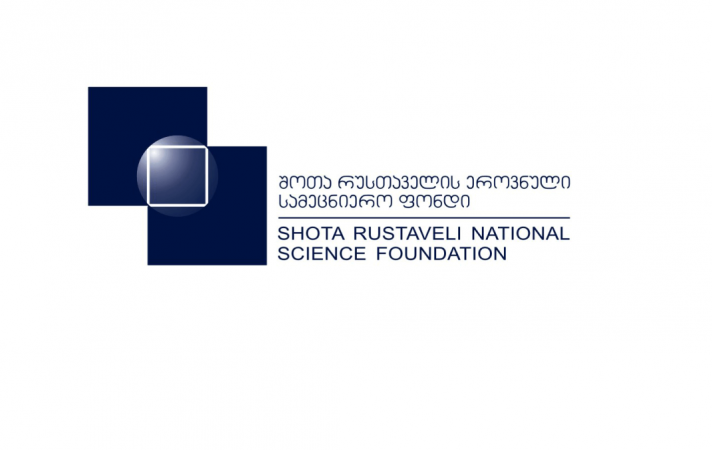
ინსულტის მსოფლიო ორგანიზაციის მე-8 რეგიონული კონფერენცია თბილისი 2022: ინსულტის პრევენცია, დიაგნოსტიკა და მკურნალობა


Dear colleagues and friends!
It is our pleasure to welcome you again for the 8th World Stroke Organization (WSO) Regional Meeting to be held in Tbilisi, Georgia on October 6-8, 2022. This year the Meeting has been endorsed by the World Stroke Organization and other prestigious professional/academic organizations and is open to all who are interested in cerebrovascular diseases. On behalf the Organizing Committee, we extend a very warm invitation to all of you interested in stroke prevention, diagnosis and treatment.
Stroke Regional meetings in South Caucasus region became traditional and are organized triennially in Tbilisi, Georgia. Since our 1st Stroke Regional meeting in 2000 under auspices of International Stroke Society, which is now WSO, six more Regional Stroke meetings have been conducted. Every meeting we had increased number and expanded geography of the audience compared to each previous meeting. Our 8th WSO endorsed International Stroke meeting will expand further and will attract even more participants.
From its green valley’s spread with vineyards to its old churches and watchtowers perched in fantastic mountain scenery, Georgia (Sakartvelo) is one of the most beautiful countries on earth and a marvelous canvas for visitors. With the towering Caucasus Mountains forming the border between Europe and Asia, Georgia has long been an important contact zone. In this mystical land you will be captivated by a thrilling blend of eastern enigma and western elegance. The traditions of the East andWest meet in Georgia to form a culture unlike any other in the world. It is a not surprising that the meeting traditionally takes place in the capital of Georgia - Tbilisi. Tbilisi lies in the center of eastern Georgia, in the foothills of the Trialeti mountain range. According to Georgian legends, it was founded in the 5th century by King Vakhtang Gorgasali who, while hunting, shot a pheasant which fell into a warm spring and was either boiled or healed. Either way, the king was inspired to found a city on the site, and the name of the city derives from the Georgian word “tbili” meaning warm;.
The conference will take full advantage of its location in Tbilisi – a charming city with more than 1500 years of history and an unforgettable blend of oriental and occidental culture. Because of its location on the crossroads between Europe and Asia, and its proximity to the lucrative Silk Road, throughout history Tbilisi was a point of contention among various global powers. Historically, Tbilisi has been home to people of multiple cultural, ethnic, and religious backgrounds, though it is currently overwhelmingly Eastern Orthodox Christian. Its notable tourist destinations include cathedrals Sameba and Sioni, Freedom Square, Rustaveli Avenue and Agmashenebeli Avenue, the pseudo-Moorish Opera Theater, and the Georgian National Museum. Its diverse architecture encompasses Eastern Orthodox churches, art nouveau buildings with ornate balconies and Soviet Modernist structures. Looming over it all are medieval Narikala Fortress, a reconstructed 4th-century citadel, and Kartlis Deda, an iconic statue of Mother Georgia.
The city brims with history and has a dramatic setting on hillsides either side of the swift Mtkvari River. Its Old Town, at the narrowest part of the valley, is still redolent of an ancient Eurasian crossroads, with winding lanes, old balconied houses, leafy squares, handsome churches and countless busy bars and cafes. Tbilisi is also a modern city trying to move forward in the 21st century after the strife and stagnation of the late 20th century. Its streets are crowded with pedestrians, construction debris and hurtling or crawling traffic. Although the city has been destroyed and rebuilt some 29 times, the layout of the Old Town is largely intact with narrow alleys and big crooked houses built around courtyards. Tbilisi is still the beating heart of the South Caucasus and we are sure that you’ll be able enjoyed it.
Equally special are its proud, high-spirited, cultured people: Georgia claims to be the birthplace of wine, and this is a place where guests are considered blessings and hospitality is the very stuff of life. When it comes to winemaking, Georgia is considered a cradle of wine. Grapevine has been cultivated in the fertile valleys of Georgia for about 8000 years. With over 500 varieties of endemic grapes and the world’s first cultivates grapevines, the traditions of viticulture are entwined with the country’s national identity. It is also believed that the word “wine” is of Georgian origin (“gvino” in Georgian). Scientists have discovered the world’s oldest wine – a vintage produced 8,000 years ago. The find pushes back the history of wine by several hundred years. Although no liquid wine from the period has survived, scientists have now found and tested wine residues discovered on the inner surfaces of 8,000-year-old ceramic storage jars. The end of September is a time of “Rtveli”, a very special tradition of winemaking, which has thousands of years history. Grape juice is stored in large “Kvevris”, cone-shaped clay jugs buried in the ground, in which the wonderful processes of fermentation and maturation take place and the Georgian wine is bearing. We recommend you not to lose opportunity to take part in Rtveli ritual in the Kakhetian or Kartlian vineyards.
The members of faculty of these meetings consisted of foremost experts in the field of stroke medicine as well as prominent neurologists from the South Caucasian region. These extremely successful meetings would be impossible to organize without active support and participation of Georgian neurologists and we would like to extend our gratitude to all who help us to conduct these meetings successfully.
We look forward to welcoming you in Tbilisi at a very promising meeting dedicated to almost all aspects of stroke!
Sincerely yours,
Roman Shakarishvili Alexander Tsiskaridze Alexander Y. Razumovsky
2022-09-30
